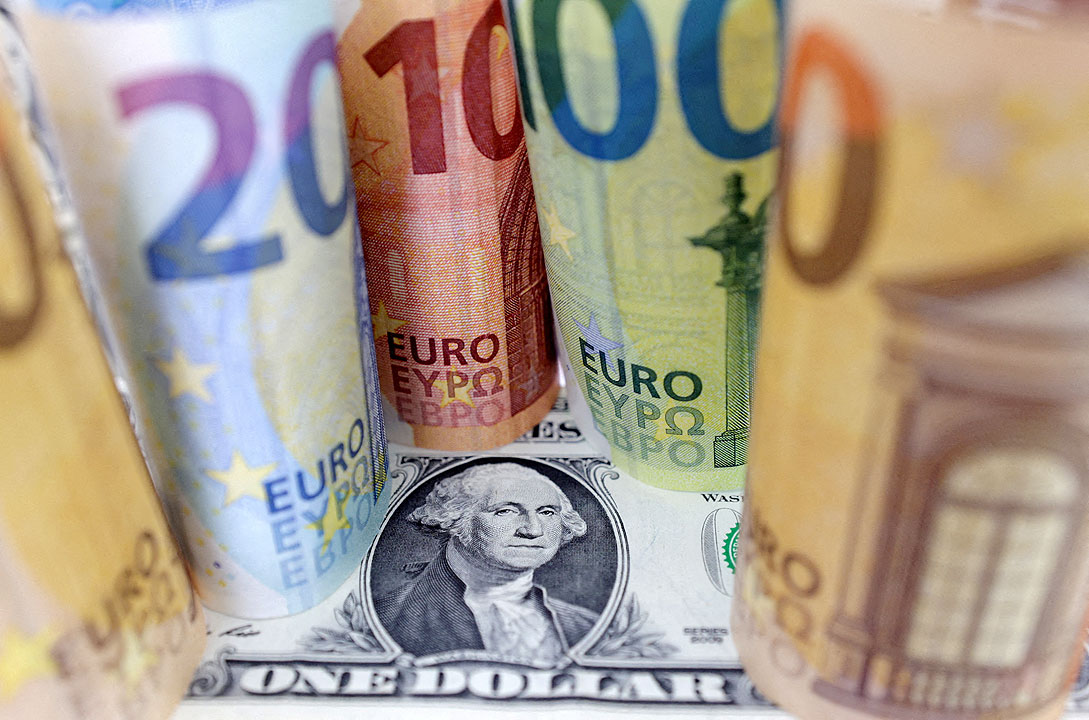




Policy Rate Updates: BSP outlook — cloudy with a chance of rate cut
 DOWNLOAD
DOWNLOAD

January Economic Update: Growth slows, prices rise
 DOWNLOAD
DOWNLOAD

Inflation Update: Up, up, and away?
 DOWNLOAD
DOWNLOAD


Euro area bond investors take breather after rush into safe-haven assets

By Stefano Rebaudo
Oct 10 (Reuters) – Euro area government bond investors took a breather on Tuesday after rushing into safe-haven assets the previous day on fears that military clashes between Israel and the Palestinian Islamist group Hamas could widen beyond Gaza.
Meanwhile, Federal Reserve and European Central Bank policymakers sent dovish messages as the recent rise in long-dated yields is already tightening financial conditions.
The Islamist militant Hamas movement threatened to execute an Israeli captive every time Israel bombed a Palestinian home after Israel called up an unprecedented 300,000 reservists and imposed a blockade on the Gaza Strip.
Germany’s 10-year government bond yield DE10YT=RR, the benchmark for the bloc, rose 2 basis points to 2.78%.
Bond prices move inversely with yields.
Inflation should still land at the European Central Bank’s target of around 2% by the end of 2025 despite the violence that has flared up in Israel since Saturday, ECB policymaker Francois Villeroy de Galhau said on Tuesday.
Markets are closely watching oil prices – which eased on Tuesday after rallying in the previous session – as a further spike might fuel inflation, affecting monetary policy.
Top-ranking Federal Reserve officials indicated on Monday that rising yields on long-term U.S. Treasury bonds, which directly influence financing costs for households and businesses, could steer the Fed from increases in its short-term policy rate.
The return of U.S. investors after the Columbus Day holiday should provide a better read of the market impact of the clashes in the Middle East.
In early London trade, U.S. Treasuries rallied, catching up with their European counterparts as U.S. markets reopened after the holiday, with the 10-year yield US10YT=RR down 10 bps at 4.68%.
“We felt the rise in EUR real yields looked a tactical fade, not least as any further sell-off would likely bring out ECB protests given over-tightening risk,” Citi analysts said in a research note.
The first reaction to the Middle East conflict was a rush into safe-haven assets, which drove yields down, while a jump in oil prices fuelled inflation fears.
German real rates dropped sharply on Monday, with Germany’s inflation-linked 10-year yields DE10YIL=RR down 17.8 bps, in their biggest daily fall since early February. On Tuesday, they were down 0.5 bps at 0.431%.
The conflict did little to affect a key gauge of euro zone long-term inflation expectations EUIL5YF5Y=R, which rose above 2.5% on Monday, to levels seen last week.
Italy’s 10-year yield IT10YT=RR, the benchmark for the euro area periphery, was down 3.5 bps at 4.80%.
The spread between Italian and German 10-year yields DE10IT10=RR tightened to 203 bps after widening to 209 bps the day before as investors rushing into safe-haven assets preferred German Bunds to more risky Italian bonds.
(Reporting by Stefano Rebaudo, editing by Susan Fenton)
This article originally appeared on reuters.com





 By Reuters
By Reuters